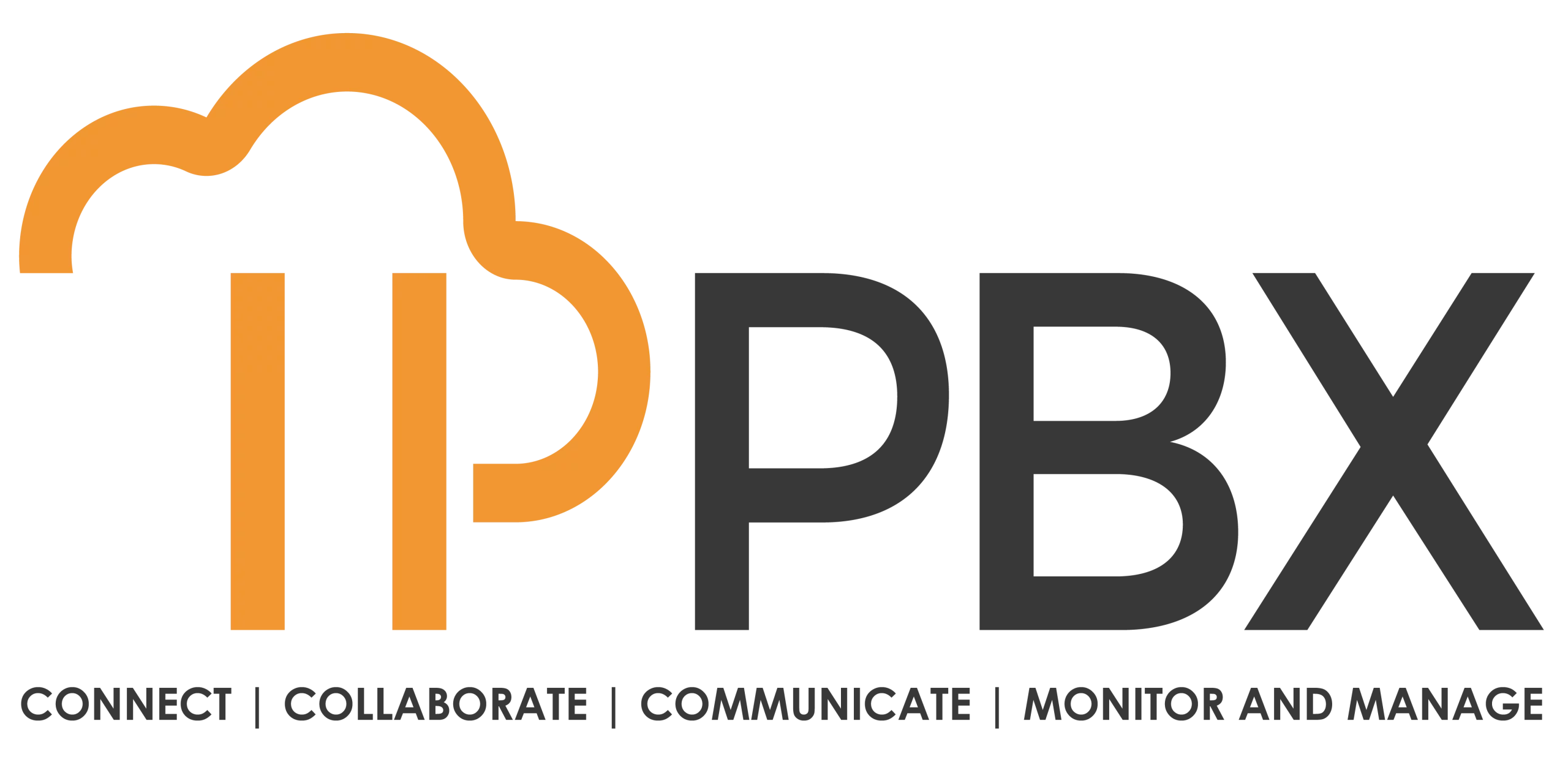Introduction:
Labor relations are a delicate dance between management and labor unions, often guided by collective bargaining agreements and legal frameworks. While grievances are typically associated with employees filing complaints against management, the question arises: Can management, in turn, file a grievance against a union? To unravel this intricate aspect of labor relations, we turn to Phillip Herman, a seasoned expert in labor relations. Join us as we explore the dynamics, legal nuances, and best practices surrounding disputes between management and unions.
Meet the Expert: Phillip Herman
Phillip Herman is a highly respected authority in the field of labor relations, boasting extensive experience and accomplishments. His career has been marked by significant contributions to organizations seeking to navigate the complexities of labor relations. Phillip’s credentials and expertise have made him a sought-after consultant and thought leader in the industry.
Understanding Labor Relations
Before we delve into the specifics, it’s essential to understand the central role that labor unions and collective bargaining agreements play in labor relations. Phillip Herman emphasizes that labor unions represent employees in negotiations with management to establish the terms and conditions of employment. These negotiations often result in collective bargaining agreements that govern the employment relationship.
Grievances in Labor Relations
To provide context, Phillip Herman explains the typical grievance process in labor relations. He outlines the parties involved, such as employees, unions, and management, and how grievances are addressed through negotiations and, if necessary, arbitration.
Management Filing Grievances Against Unions
In this critical section, Phillip Herman discusses the legality and circumstances surrounding management filing grievances against unions. He explores scenarios where management may seek recourse against a union’s actions or decisions, shedding light on the complex dynamics of labor relations.

Challenges and Considerations
Navigating management-union disputes involves numerous complexities, including legal, contractual, and interpersonal factors. Phillip Herman addresses these challenges and considerations, emphasizing the importance of maintaining positive labor relations while resolving disputes.
Resolving Disputes and Moving Forward
Resolving labor disputes is crucial for productive labor relations. Phillip Herman provides insights into strategies for resolving disputes, such as mediation and negotiation, and highlights the significance of finding common ground to move forward.
Real-World Case Studies
To illustrate the practical implications of management filing grievances against unions, Phillip Herman presents real-world case studies. These cases offer insights into the nuances of such disputes and the various outcomes that can result.
The Future of Labor Relations
As labor relations continue to evolve, Phillip Herman discusses emerging trends and innovations in labor dispute resolution, such as technology-driven solutions and alternative dispute resolution methods.
Conclusion
In conclusion, labor relations are a complex interplay between management and unions, and grievances can arise from both sides. With insights from Phillip Herman, you now have a deeper understanding of the dynamics, legality, and best practices in addressing management grievances against unions, ultimately contributing to balanced and productive labor relations.

